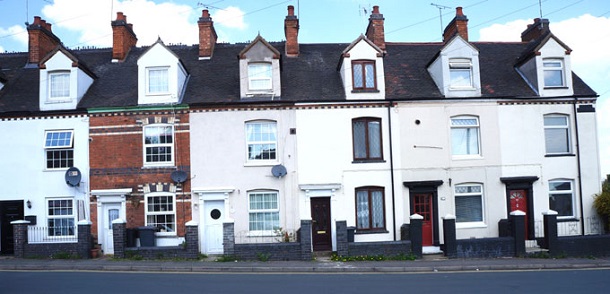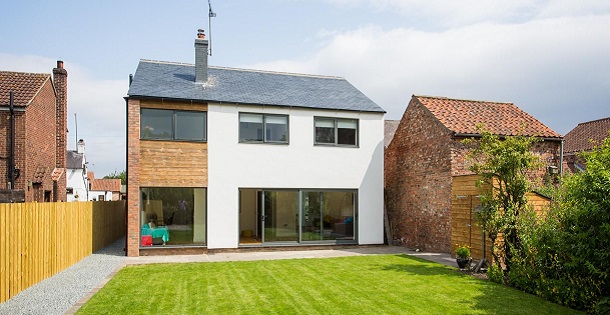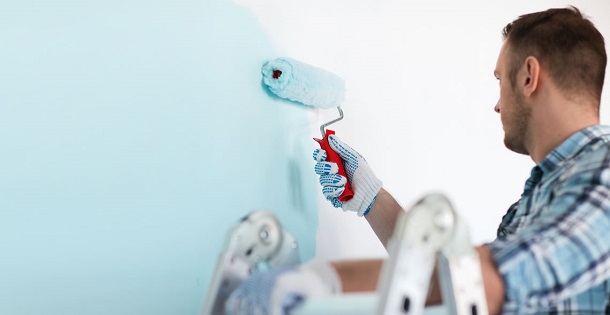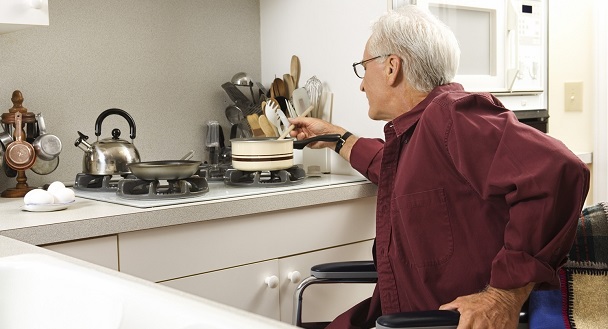
According to trade association Finance UK, 4,700 homes were repossessed in 2017, approximately 500 a month. This is down almost 50% on the previous year but still means there are plenty of properties out there for buyers looking for a good deal on their next home.
What is repossession?
A property is repossessed when a homeowner can’t afford their mortgage payments and, as a result, the lender takes ownership of the property. In many cases, lenders – wanting to get back the money lent to the previous owner – look to sell the property quickly, which means prospective buyers can get the house for less than they might have otherwise paid.
Lenders are legally obliged to get the best possible price for themselves and the previous owner. However, because they want to sell quickly, they’ll often put properties on the market for below market price.
The pros and cons of buying a repossessed home
Price, as we’ve just discussed, is probably the biggest pro when it comes to buying a repossessed house, as is being able to buy a property that isn’t part of a chain, meaning you can move in more quickly. However, many repossessed homes aren’t in excellent condition, with former owners stripping out fixtures and fittings before they move out, and lenders doing nothing to the property before they try and sell it.
There’s also the chance that the current owners are still in the house, or they’ve rented it out; you need to check this and if you have a legal obligation to continue to rent the house out if there are tenants.
Another potential downside is that, even if your offer has been accepted, a repossessed property won’t necessarily be taken off the market. Instead, the lender will keep working to try and find a better deal, meaning they get more of their money back. Even if you’ve had surveys carried out, they can still accept a higher offer, and you could lose the house.
There have been reasons the last owner couldn’t sell the house, including structural issues that they haven’t made the lender aware of. Because of this, it’s a good idea to get a full survey done before agreeing on the purchase. Often some repossessed houses are not mortgageable and therefore attract cash buyers who are not reliant on borrowing.
Finding repossessed properties
As with all house-hunting, estate agents are a good source of repossessed homes, though you may need to ask to be included on a mailing list to make sure you get sent details of available properties because they aren’t always advertised in the usual way. A lot of repossessed homes are also purchased at auction, so you’ll need to get on those mailing lists too.
Buying homes at auction can be a good way of getting a good deal, but it can also leave you paying more than you originally intended. Before you buy, attend at least one, ideally more, auctions so you get a feel for how they work and reduce the risk you’ll get carried away bidding when you find a property you like.
Buying a repossessed property

Buying a repossessed property, in many ways, is no different from buying one the ‘traditional’ way. You should look for homes in your area that meet your needs and are in your price range. Then, you should go and visit them to see what condition they’re in and if they could work for you.
Don’t be tempted by a house just because it’s under your budget; if it doesn’t meet your criteria, then you won’t be happy in it and will end up having to sell it yourself, potentially with work still needing to be done on it.
Before you start house-hunting, it’s a good idea to have a mortgage in principle agreed so you know how much you can afford, and that you can make an offer (or bid at auction) once you find the home for you.
If you’re planning on buying a house at auction and need finance, you might want to consider the benefits of a bridging loan. Bridging loans are short-term and designed to ‘bridge’ the gap between one transaction and another, e.g. buying a house at auction and taking out a mortgage on the home. You can compare bridging loans on Lending Expert.
Your credit score

Homes are only repossessed when a property owner can’t meet their mortgage repayment obligations, which will be reflected on their credit file. There is a chance that these records could end up on your file in error, so it’s a good idea to check your credit rating once you’ve moved in.
Wait at least four weeks before checking your score so that any changes are reflected. If your credit rating has been negatively impacted, you’ll need to speak to the credit reference agencies to have the accounts unlinked.



